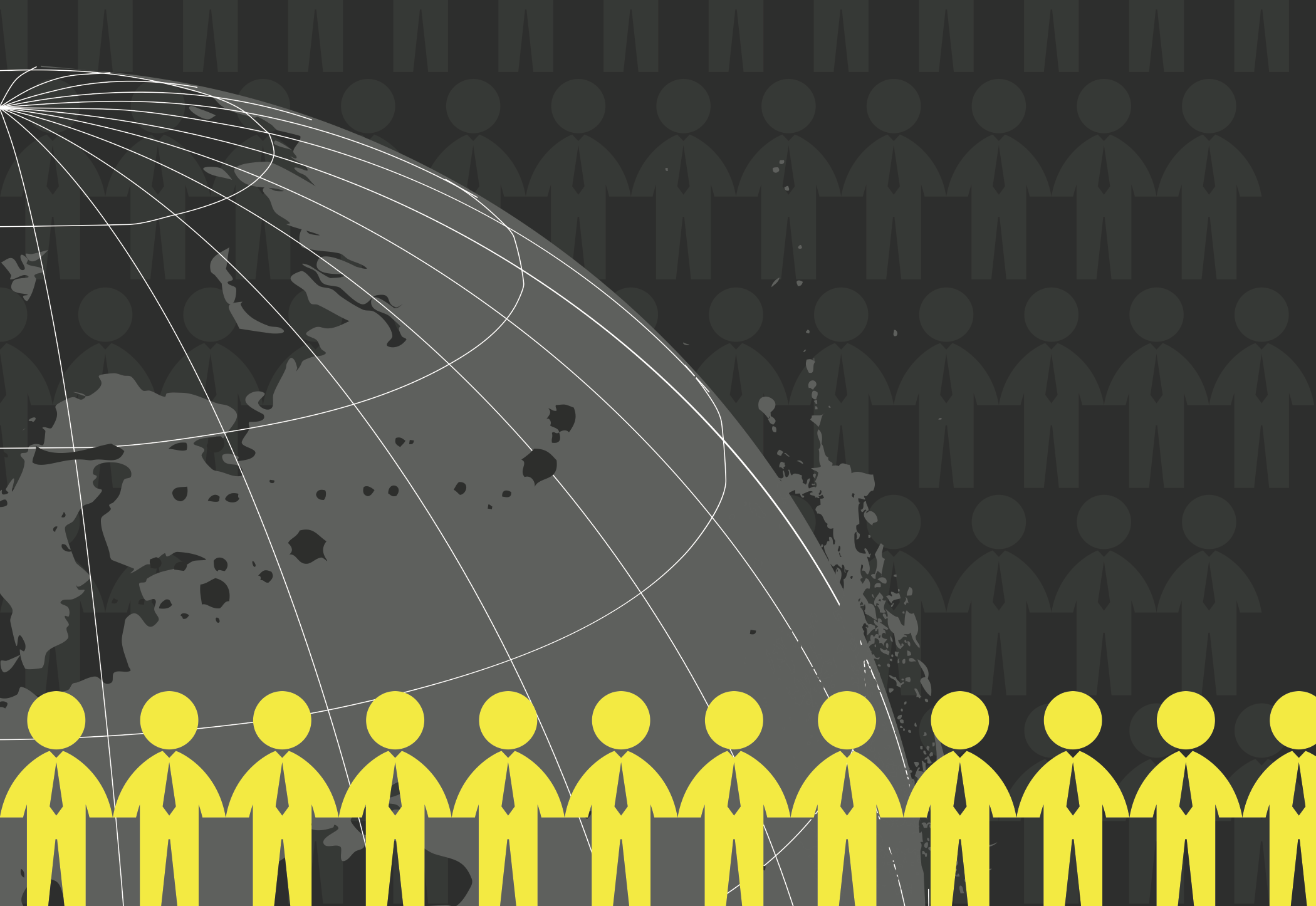
Corporate Power. A Global Coup?
Who rules the world? It’s a very important question for anyone who wants to change the status quo. A new pamphlet released today argues that we live on a One Party Planet, namely that one overarching ideology – Neoliberalism, Freemarket Economics, call it what you will – has taken control of almost every nation on earth and all our multilateral institutions. Political differences have been reduced to arguments about social policy and who will make a better manager of the economy without questioning the principals that it runs on
Corporations around the world, hand-in-hand with an all too willing political class have driven this power grab. It has become so ubiquitous that it is hardly noticed, but consider just a few of the battery of evidence laid out in the pamphlet detailing the extent of corporate power today.
In 2011, 110 of the 175 largest global economic entities on earth were corporations, with the corporate sector representing a clear majority (over 60%) over countries. The revenues of mega-corporations such as Royal Dutch Shell, Exxon Mobil and Wal-Mart were larger than the GDP of 110 national economies, or more than half the world’s countries. Is it any wonder that national governments toe the business line?
This power, and the lack of dissent from the political class has been used to build a system of trade agreements that enshrine the principals of the neoliberal party making it almost impossible for any one country to break rank. NAFTA was the blueprint for this and is now being followed by the Trans Pacific Partnership (TPP) and Transatlantic Trade and Investment Partnership (TTIP), which will spread the system from the Pacific across North America and the EU. Not only do these trade agreements give corporations the ability to move production to where labour is cheaper and remove regulations that protect people and the environment in the name of market efficiency, they also introduce an idea known as “Investor-State Dispute Settlements” (ISDS).

ISDS allows corporations to sue governments for loss of potential earnings before an arbitration panel composed of corporate lawyers, effectively giving corporations the ability to override the democratic will of a country, or impose a financial penalty on any country that tries to reign in their power. Under existing trade agreements ISDS has already been used in this way on numerous occasions, perhaps the most shocking being an Australian firm that is suing El Salvador for $300m for refusing permission for a gold mine that would contaminate drinking water.
It’s not just the scope of corporate power, but also it’s concentration. In a recent study of 43,000 transnational companies, the Swiss Federal Institute of Technology found that, ‘transnational corporations form a giant bow-tie structure and a large portion of control flows to a small tightly-knit core of financial institutions.’ The central 147 companies control 40% of the net- work’s wealth, while just 737 control 80%. That’ll be the 1% of the 1% you could say, or the 0.01%.
Furthermore, by peeking through boardroom windows, it’s easy to see that even those 147 are run by the same basic gang; people, mostly white and Asian men, who, once they get to the top, assume power and control across multiple fronts, thereby ensuring—by accident or design—that the club is kept small and accessible only to the like-minded. Mike Ashley, for example, one of eight board members at Barclays, the biggest of the 147 and the Bank responsible for the LIBOR scandal, sits on the UK Government’s powerful Treasury Audit Committee and is Vice-Chair of the European Financial Reporting Advisory Group. His board colleague, Simon Fraser, is a Director of Fidelity European and Fidelity Japanese Values PLC, Chairman of both the Foreign and Colonial Investment Trust PLC and The Merchants Trust PLC and Non-executive Director of Ashmore Group PLC.
Politics used to be about the battle of ideas, about who could convince the greatest number of people that they had a plan for a fairer society, but it seems to have been reduced to an argument about who can manage the status quo most efficiently. No politician will ever say it, but we’ve reached this point because the politicians are not in charge any more. They have been replaced by a higher power that’s not answerable to the electorate in any country, it’s a silent coup on a global scale.
We are not given a vote on the really important issues. We are never asked if a corporation’s primary legal responsibility should be to increase shareholder value, or if Gross Domestic Product should be the yardstick used to measure human progress, and yet so much of what upsets people on both the left and right of the political spectrum stems from fundamental decisions like these: loss of job security, disruption to communities as everything is made to turn a profit.
There is no battle of big ideas any more, because one idea has won. That idea says that private is better than public; that money is the best measure of value; and that competition between self-interested individuals is the most important law upon which human society is ordered. As the pamphlet argues, we now effectively have one party ruling the planet, with everything else reduced to an internal squabble between party members.
1 http://fortune.com/global500/
2 http://en.wikipedia.org/wiki/List_of_countries_by_GDP_%28nominal%29
3 http://en.wikipedia.org/wiki/Investor-state_dispute_settlement
4 https://www.greenleft.org.au/node/57675
5 http://www.economist.com/node/21531014
6 http://www.barclays.com/about-barclays/leadership-team.html




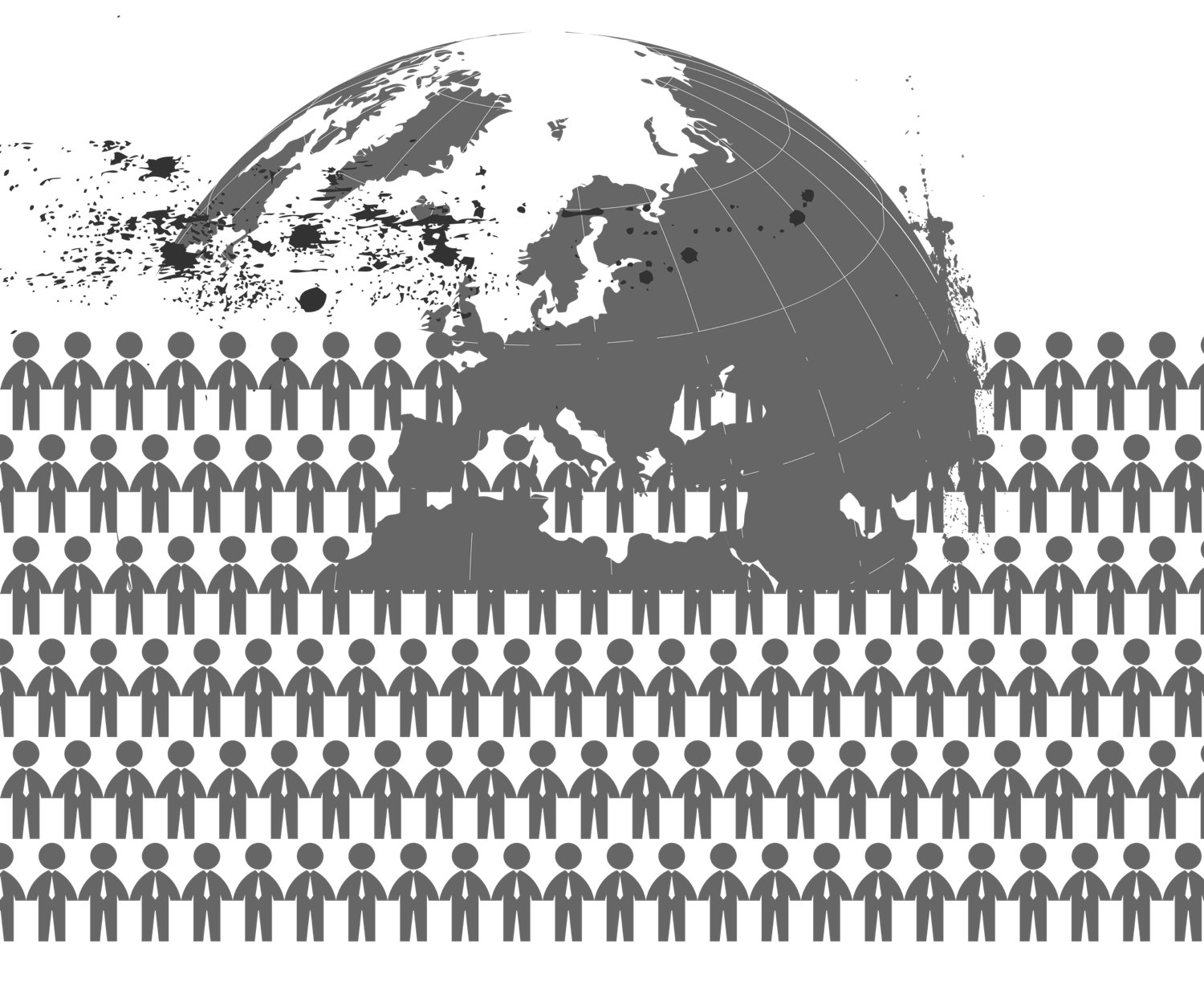

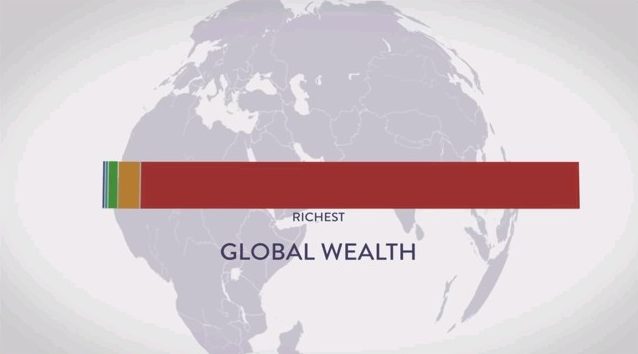
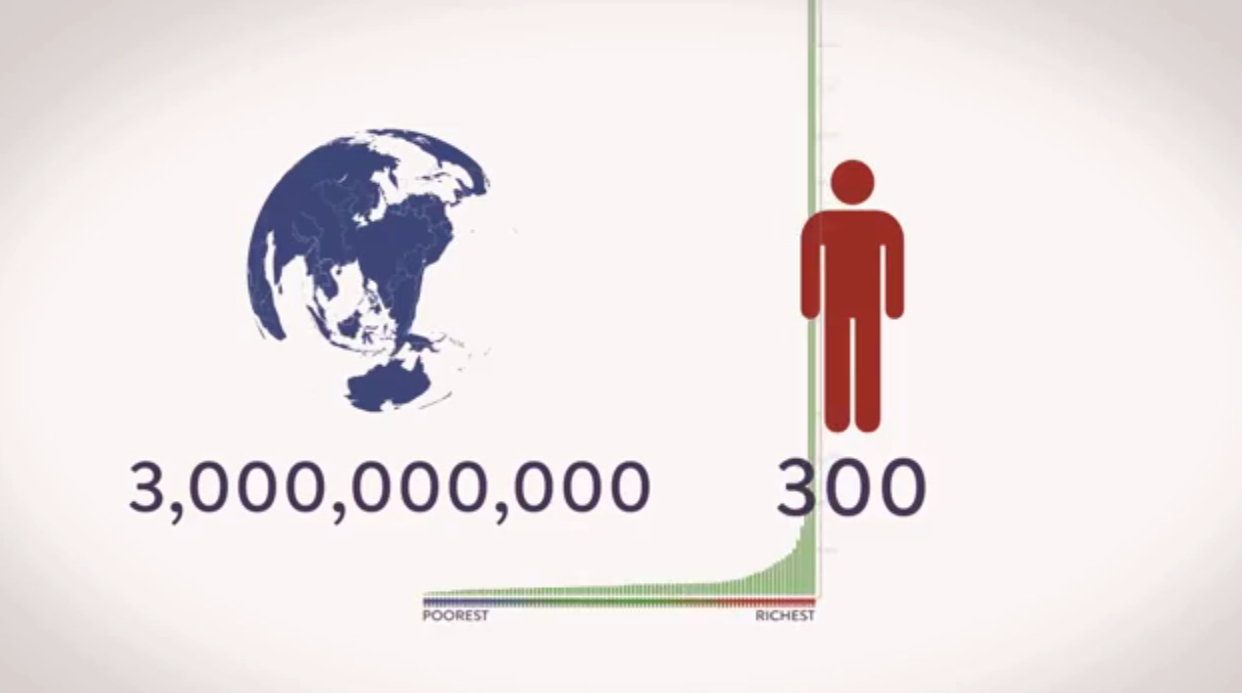
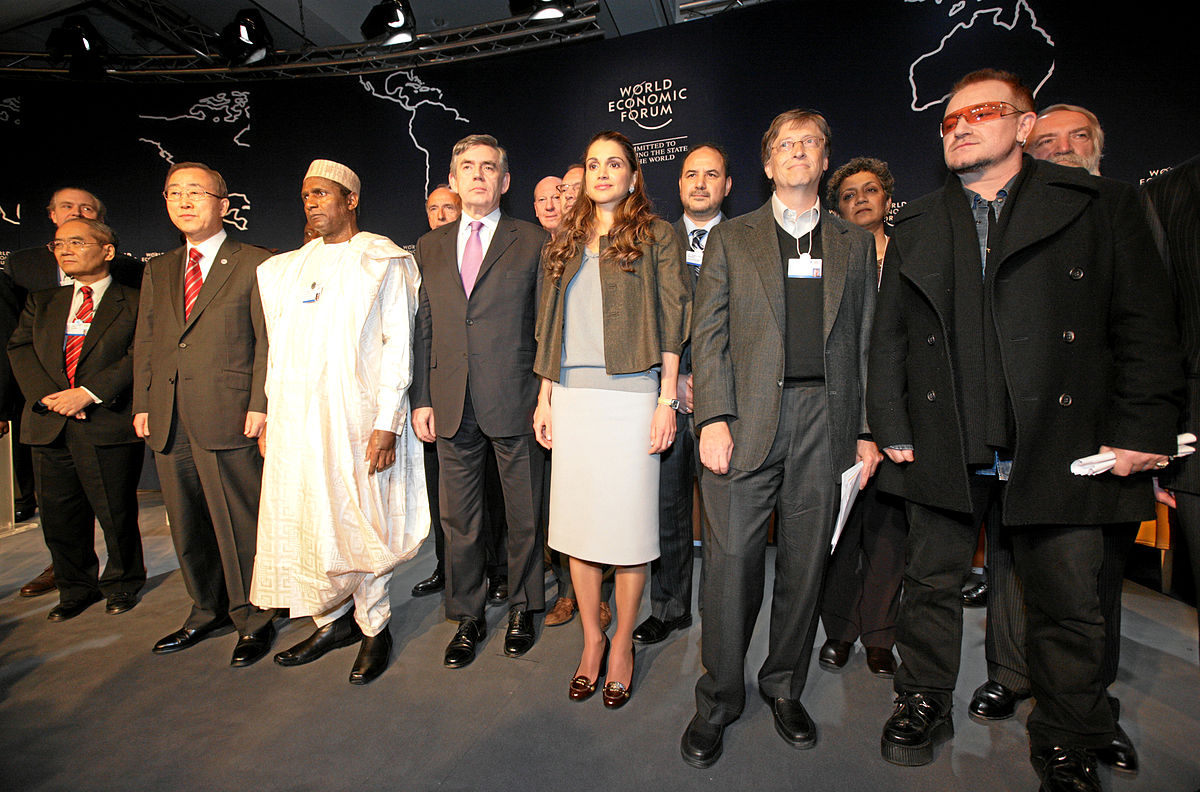
Leave a Comment